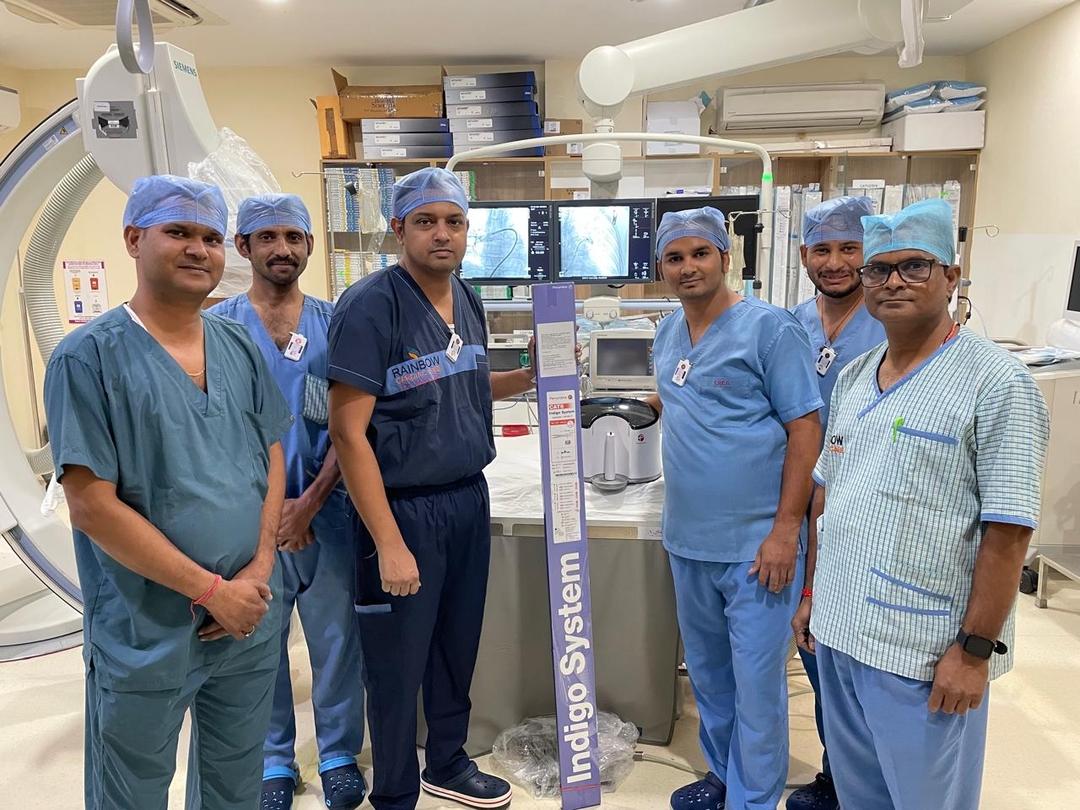
Best Vitamins and Supplements for Cracking Knees
By revati raman
Reviewed by : Jalaz Jain
May 8, 2023
Introduction
Cracking or popping knees can be common, especially as we age or engage in physical activities. While it’s usually not a cause for concern, it can be bothersome and uncomfortable.
One way to potentially improve joint health and reduce cracking is through vitamins and supplements.
This article will explore some of the best vitamins and supplements that may help alleviate cracking knees.
A Look at the Knee Joint
The knee joint is a complex and essential part of the human body. It connects the thigh bone to the lower leg bone, supports our body weight, and allows us to move around.
Interestingly, the knee joint is the largest in our body and is a modified hinge joint that allows us to bend and straighten our legs.
The joint comprises several components, including bones such as the femur, tibia, kneecap, cartilage, synovium, and ligaments. Together, these parts work harmoniously to provide stability and flexibility to the knee joint.
What Causes Knee Cracking / Knee Crepitus?
Knee crepitus or knee cracking is a common condition that affects many individuals. Some of the common factors that can lead to knee cracking are:
Some of the best vitamins and supplements for cracking knees and bone health are:
Vitamin D
Vitamin D is not only essential for bone health, but it also plays a vital role in joint health. This sunshine vitamin has anti-inflammatory effects that help relieve joint pain, including knee crepitus.
Vitamin D regulates the amount of calcium in the body, which is essential for bone health. Without adequate levels of vitamin D, bones can become soft and weak.
A vitamin D deficiency can have symptoms such as fatigue, joint pain, bone pain, muscle pain, and low mood. It’s also a risk factor for developing rheumatoid arthritis. So, it’s essential to maintain optimal levels of vitamin D in the body.
The primary source of vitamin D is sunlight. Exposure to ultraviolet B light can help the skin produce vitamin D naturally. However, avoiding overexposure to sunlight is crucial, which can lead to skin damage.
In addition to sunlight, vitamin D can be obtained from food sources such as oily fish, beef liver, egg yolk, fortified milk, and mushrooms. Consuming at least 15 mg of vitamin D per day is recommended.
Supplements are also available if you have a deficiency or cannot get enough vitamin D from natural sources. Consult with your doctor to determine the appropriate dosage and type of supplement for your needs.
Vitamin C
It is a vital nutrient that plays a critical role in maintaining bone health and reducing the condition of knee crepitus or cracking. The antioxidant property helps protect the body’s cells from damage and inflammation.
Some of the benefits of Vitamin C for bone health and knee crepitus:
Sources of Vitamin C include citrus fruits, kiwi, strawberries, bell peppers, broccoli, and tomatoes. Vitamin C supplements are also available for those who have difficulty getting enough from their diet.
Glucosamine
Glucosamine is a commonly used supplement that is often recommended for those experiencing knee crepitus and other joint-related issues.
It is a natural compound that is found in the body. The compound helps in building and maintaining cartilage, which is the tissue that cushions joints.
Here’s how glucosamine can benefit bone health and alleviate knee crepitus:
Sources of Glucosamine:
Chondroitin
If you experience knee crepitus, it may be a sign of osteoarthritis. One supplement that has been suggested to help with knee crepitus is chondroitin.
Chondroitin is a naturally occurring substance that is found in the cartilage and bone. Commercial chondroitin is extracted from animals, including cows and sharks.
It has been used as a dietary supplement for joint health and osteoarthritis for decades. Here are some ways that chondroitin may benefit your knee crepitus and bone health:
It’s important to note that while chondroitin is generally considered safe, it may not be appropriate for everyone. Consult with your healthcare provider to know about the most suitable supplement for you.
Omega-3
Omega-3 fatty acids are nutrients that are necessary for good health, particularly regarding bone and joint health. They are primarily found in fish and certain types of nuts and seeds but can also be taken in supplement form.
Here is how Omega-3 can benefit joint crepitus and bone health:
Fatty fish, such as sardines, salmon, and tuna, are excellent sources of Omega-3s. Plant-based sources include flaxseed, chia seeds, and walnuts. Omega-3 supplements are also widely available.
The recommended daily dosage of Omega-3s varies depending on age and health status, but most adults can benefit from 250-500mg per day.
Green Tea
Green tea has numerous health benefits. One of its potential benefits is the ability to improve joint health and alleviate joint crepitus.
Here is some information about how green tea can benefit joint health and bone health:
Overall, green tea is a safe and natural way to promote joint health and alleviate joint crepitus.
In addition to drinking green tea, you can also take green tea supplements, which provide higher concentrations of the beneficial compounds found in green tea.
However, as with any supplement, consult with your healthcare provider before starting to take green tea supplements.
Curcumin
Curcumin is a naturally occurring compound found in turmeric, a common spice. Studies have found its potential health benefits, including its effects on knee crepitus and bone health.
Here are some ways that curcumin may benefit your knee crepitus and bone health:
MSM
Methylsulfonylmethane (MSM) is a naturally occurring sulphur compound that possesses benefits for joint and bone health. It is believed to work by reducing inflammation and oxidative stress in the body, which can contribute to joint and bone damage.
Studies have shown that MSM supplementation may help reduce knee pain and improve mobility in patients with osteoarthritis. It also has a positive impact on bone health.
In one study, postmenopausal women who took MSM supplements had increased bone density compared to those who took a placebo.
It is generally considered safe for most people when taken at recommended doses. However, some may experience mild side effects such as digestive upset, headaches, or insomnia.
While MSM may provide some benefits for joint and bone health, it should not be relied upon as a sole treatment. It’s always best to consult with a professional healthcare provider.
Tips for Healthy Knees
Maintaining healthy knees is essential to lead an active and pain-free life. Here are some tips to keep your knees in good shape:
Following these tips can help you keep your knees healthy and reduce the risk of knee problems. If you experience persistent knee pain or have any concerns about your knee health, consult with a healthcare professional.
Check the video to learn how to take care of your knee: https://www.youtube.com/watch?v=CelKcxCPL4k
Conclusion
In conclusion, there is no one-size-fits-all solution for cracking knees, and it’s important to consult with a healthcare professional before taking any new vitamins or supplements.
However, some studies suggest that supplements such as glucosamine, chondroitin, omega-3 fatty acids, and vitamin D may have potential benefits for joint health and reducing joint pain. It’s also important to maintain a healthy lifestyle and weight, exercise regularly, and avoid activities that may exacerbate knee pain.
By taking a comprehensive approach to joint health, individuals with cracking knees can work towards reducing pain and improving overall joint function.












